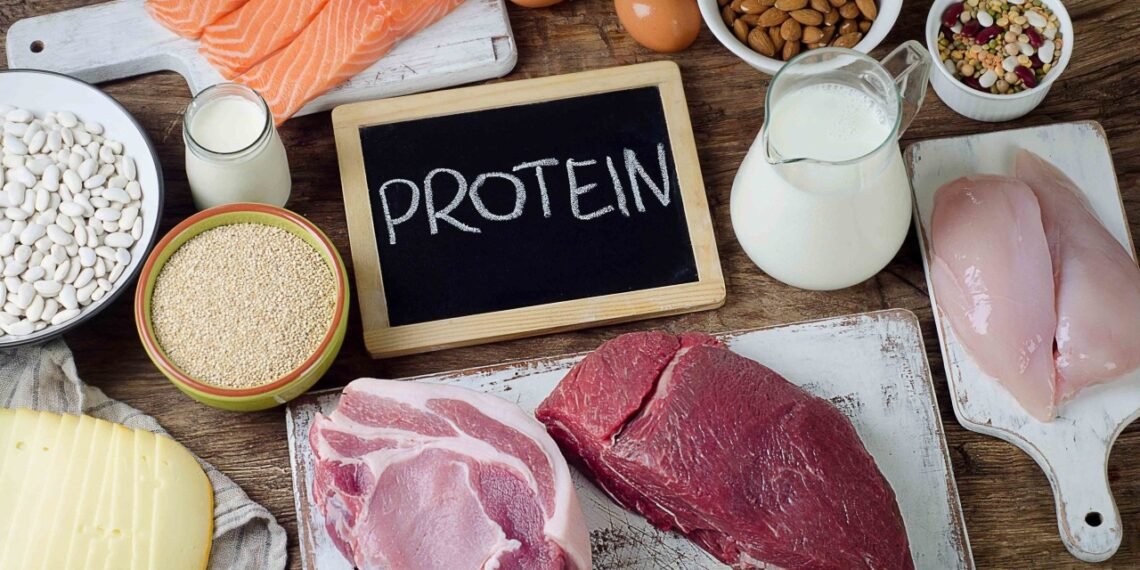Protein goes beyond being a mere buzzword — it serves as the foundation for health, growth, and vitality. This vital macronutrient is crucial for almost every bodily function, ranging from muscle building and tissue repair to immune support and hormone production.
Regardless of whether you are recuperating from exercise, maintaining your weight, or dealing with the transitions of menopause, protein is essential for your overall health.
However, what amount of protein is required? And how can you ensure you’re achieving the proper balance? We investigate the various advantages of protein, including muscle recovery and energy regulation, along with its effects on your body throughout all life stages.
What is Protein and how much of it is required
Protein is an essential macronutrient crucial for growth, construction, repair, and maintenance of body tissues. It is essential as it bolsters immune function and generates hormones and enzymes.
Protein offers a consistent source of energy and aids in preserving muscle mass and feelings of fullness, which is vital for overall health and preventing diseases. Its needs differ based on age, physical condition, and stress levels.
Fifty percent of the proteins in the body exist as muscles, while the remainder constitutes bone, cartilage, and skin. Muscles in the body depend on protein for repair, growth, and maintenance of their structure, particularly after daily activities or strenuous workouts.
When you put your muscles to the test, such as by lifting heavy objects or running, small tears occur in the muscle fibers. Protein arrives, supplying amino acids to repair those fibers, enhancing their strength and durability.
Insufficient protein leads to muscle weakening, slower recovery, and halted strength improvements.
Also read: Boston scientists a step closer to unlocking the secret of longevity
Various sources of Protein
Sources of protein consist of eggs, lean meats, seafood such as salmon, milk, yogurt, tofu, chickpeas, lentils, walnuts, chia seeds, and pumpkin seeds.
Researchers from Harvard Medical School clarify that proteins derived from animals (meat, eggs, milk), in addition to soy and quinoa, are considered “complete proteins” since they supply all the essential amino acids necessary for the body. These are the top-tier protein sources. Mixing them with various foods can aid in fulfilling daily protein requirements.
Although plant-based foods offer essential amino acids, many are considered “incomplete proteins,” as they are missing some vital amino acids. To maintain balance, those who eat plant-based foods should diversify their protein sources during the day.














